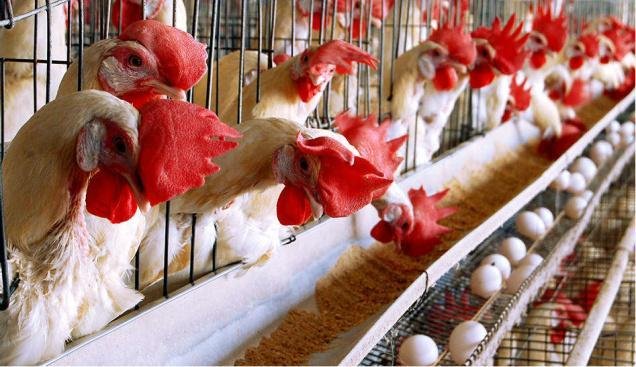Inside BENEO’s new pulse plant: pioneering sustainable protein from faba beans
Apart from the threat of increase in cholesterol levels, usually, people who love to have a chicken leg or mutton chops as side dish everyday are cautioned about dangers of building resistance against antibiotics claiming that shots of drugs are given to animals in farms. Now, for the first time, Food Safety and Standards Authority of India (FSSAI) has issued draft amended regulations, which listed maximum limit of antibiotics and other veterinary drugs which can be found in meat derived from sheep, chicken, goat, rabbit and other animals, milk and fats derived from animal tissue.
The draft ‘Food Safety and Standards (Contaminants, Toxins and Residues) Amendment Regulation-2017’ was issued on November 15, inviting objections and suggestions on or before December 14.
A list of 42 forms of antibiotics and 77 other veterinary drugs were listed along with maximum residue of drugs that can be found in various meat products, milk and fats derived from animal tissue. “When tested, residue of antibiotics or other drugs in meat products should not be more than prescribed limit. We issued draft notification. Final decision on maximum limit of drug residue in meat products will be taken in about three months,” said Pawan Agarwal, CEO, FSSAI.
He added that they have already set limit of antibotics residue that can be found in honey, fish or fish products, but this is the first time they are trying to set a limit on animal meat products. “In order to ensure that the residue of antibiotic in food from animal does not pose a threat to human health, it is necessary to specify the tolerance limit of antibiotic and pharmacologically active substances in food stuff of animal origin,” as stated in a FSSAI press note.
President of Telangana Poultry Breeders Association, Dr G Ranjith Reddy said that antibiotics are used only for sick birds which constitute around 0.1 per-cent of four crores production per month in Telangana. “Only the birds which are sick are given antibiotics. Chances of survival of those birds is very low. So traders do not take chance in buying those birds ,” said Dr Ranjith Reddy.
He added that if government specifies any limit on antibiotic residue in chicken and chicken products, he will see to it that everybody adheres to it. Dr Ranjith Reddy said that he is ready to take up challenge wherein, if anybody proves that growth hormones are used for birds in the industry, he will close down his operations of `1,500 crore turnover.

